Tito —— A Biography
----- 铁托:传记
Josip Broz Tito was a remarkable figure in the history of Communism, the Second World War, the Balkans and post-war Eastern Europe. He was the only European besides Lenin to lead a successful Communist revolution and became one of the most renowned Communist leaders of all times. For a certain generation, he was remembered as someone who stood up to both Hitler and Stalin and won. Tito was above all else a communist, and was devoted to the communist cause until the day he died. What made him different to other communist leaders was that his early experience of Soviet Russia had given him sufficient knowledge of the Soviet experience not to be bound by its spell. Throughout his life he sought to distinguish between Leninism and Stalinism, while never abandoning the internationalism that he maintained stood at the heart of the Marxist message. In his new Yugoslavia, he developed a system of socialist self-administration which appeared able to compete with the West and provided his people with the consumer benefits associated with capitalism. However, within a decade of his death the edifice he had constructed imploded into the most brutal of ethnic conflicts - in essence, Tito was responsible for both the success and the failure of post-war Yugoslavia. In this, the first post-communist biography of Tito, the renowned historian, Geoffrey Swain, paints a new picture of this famous figure. Swain explores not only Tito's relationship with Stalin, but also his early relationship with the Comintern and his long engagement with Khrushchev and the de-Stalinisation process.
{{comment.content}}
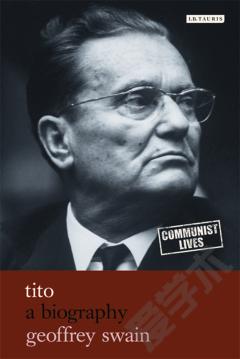
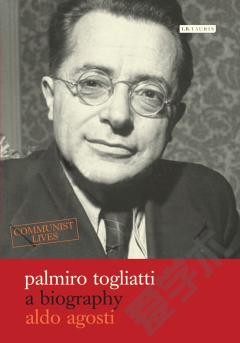


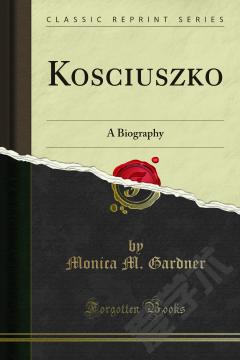
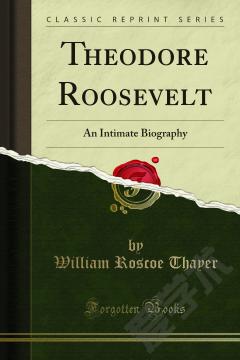
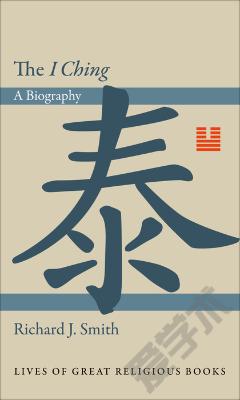

 京公网安备 11010802027623号
京公网安备 11010802027623号